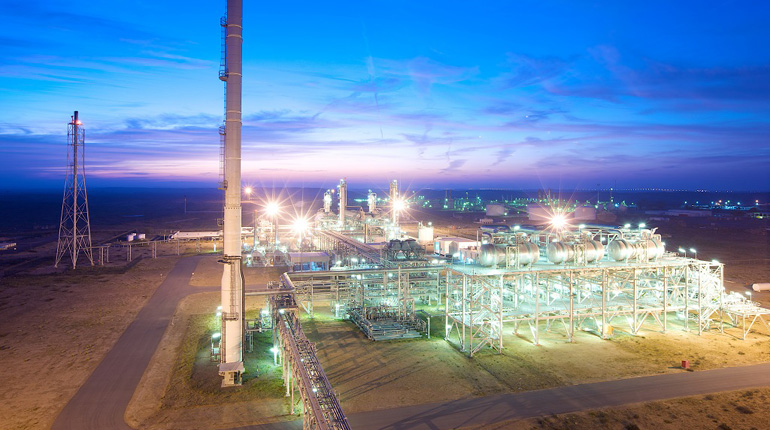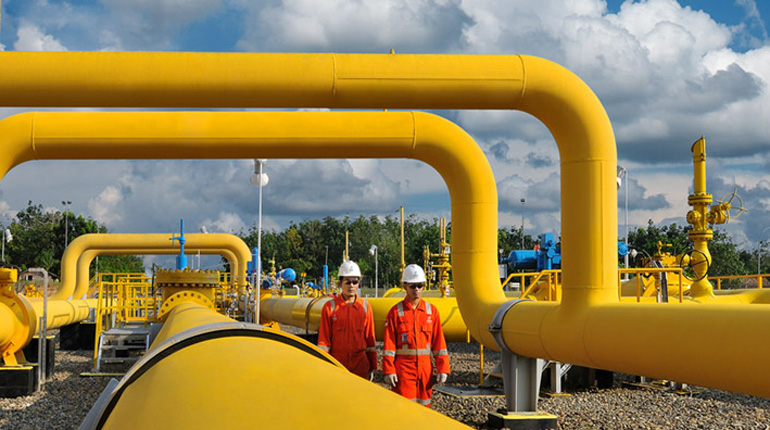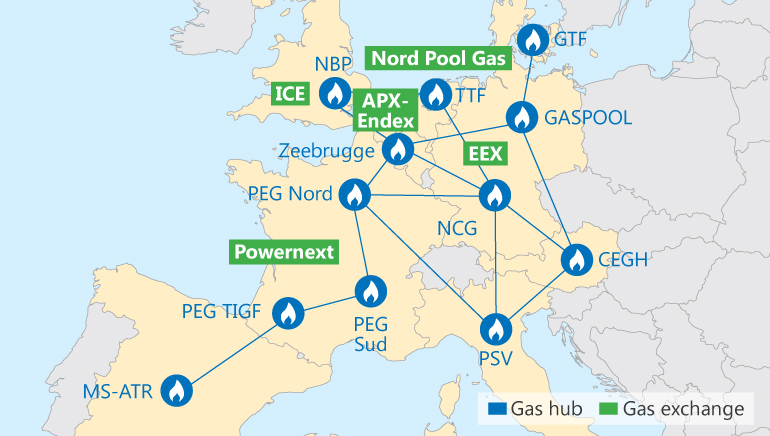 Crescent Petroleum operations in the UAE. (Crescent Petroleum)
Crescent Petroleum operations in the UAE. (Crescent Petroleum)
Crescent Petroleum would consider selling its Sharjah gas plant in the United Arab Emirates despite an ongoing legal dispute with National Iranian Oil Co. (NIOC) concerning the asset.
Patrick Allman-Ward, chief executive of Dana Gas – in which Crescent is the largest private shareholder – said at the MPGC 2016 conference in Abu Dhabi on Tuesday that, while the company is not actively seeking buyers, it would consider selling the asset "for the right price".
Crescent has still yet to resolve a longstanding legal battle with NIOC, which failed to deliver gas supplies to the Sharjah plant because of a pricing dispute. Sale of the asset is unlikely to bring an end to the arbitration process as a new buyer would likely be drawn into the dispute with NIOC.
The arbitration, which began in 2009, will come to a head at a two-week hearing in The Hague in September, when both sides will make their cases regarding damages. Allman-Ward said he has not ruled out resolution by either cash or resumption of gas supplies.
"At the end of the day we have suffered damage and we will have to be compensated for that damage in some way," he said. "We are certainly not closed and we have certainly not said no to restitution of gas supplies. [Iran’s oil] minister is on record saying that he would like to resolve this dispute and we would like to resolve this dispute."
Dana/Crescent’s infrastructure has been out of service for a decade, but it could be started up quite quickly if gas were to be made available. "We have a pipeline that takes gas from the offshore pipeline to our onshore gas plant. All of those elements have been put under care of maintenance," said Allman-Ward. "Given the 10 years that have passed it will take us some time – possibly six months – to run the necessary checks to bring these facilities back into full production."
Political differences
However, NIOC is expected to oppose any compensation payments. Iran burned the gas as waste instead of supplying it to Crescent, according to Allman-Ward. "You have to ask yourself whether it was really a commercial dispute at the heart of this or whether it was more complicated than that and was caught up in internal political differences of opinion in the Iranian political establishment. From a western sensibility the choice to burn gas instead of selling it for something does not seem to be sensible."
Allman-Ward said discussions with various members of the Iranian side have been taking place since 2014, when the international tribunal in The Hague found that NIOC had been in breach of its contract with Crescent since 2005.
Hopes for a resolution to the issue were raised by the lifting of international sanctions on Iran. "While sanctions were in place, had we managed to resolve [the issue] and [to] start supplies of gas, there would have been a problem in terms of paying for that gas because […] it is a US dollar-based transaction," he said. "Those [sanctions] have now been lifted, which makes at least the payment aspect of the contract a lot easier."
"We are very open to discussion and all I can say is that the deal space, which would be acceptable to all parties, has not yet been reached," he said.
NIOC claimed the gas would have been provided to Crescent much too cheaply under the original contract. Some analysts criticised NIOC for signing the agreement, which they said was not sufficiently favourable to Iran even at 2005 oil prices. Oil prices rose significantly between 2001, when the two parties signed the contract, and 2005, when gas was due to flow. This affected the value the gas could have commanded in terms of sales to Crescent.
Until the dispute is resolved Crescent and its affiliates do not plan to invest further in Iranian gas. "For Dana Gas and a company of our size importing and processing 600 million cubic feet per day [17 million cubic metres per day] is a very large project," he said. "It was actually the project that [led to] the company’s creation and IPO in 2005. I think that, until we resolve this particular issue, we would have limited appetite for additional projects at this time […] I think there needs to be some visible signs of trust-building before we would be interested in investing any more money in projects in or related to Iran."








Talk to us
Natural Gas Daily welcomes your comments. Email us at [email protected].